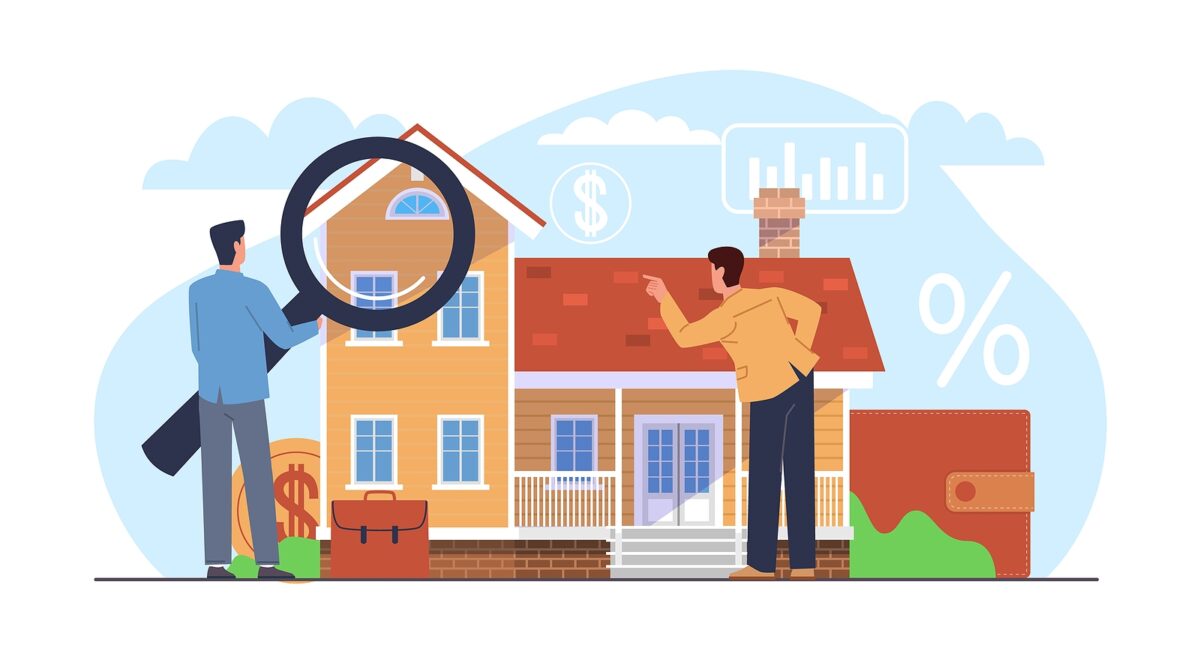In today’s digital age, homeowners and prospective buyers have easy access to a wealth of information regarding real estate. Automated home valuation tools like Zillow’s Zestimate have become increasingly popular for estimating property values. However, these tools are far from infallible and often generate inaccurate estimates.
Sadly, most real estate consumers don’t understand this, leading to overpricing of homes.

In this blog post, we will explore why automated home values are frequently wrong and shed light on the factors on which websites like Zillow base their Zestimates.
Lack of human oversight
One of the primary reasons why automated home values often miss the mark is the absence of human oversight. These valuation tools rely on algorithms and data-driven models to estimate property values, disregarding the subjective factors that can significantly impact a home’s worth.
Automated systems often overlook the home’s unique features, renovations, neighborhood dynamics, and local market conditions. Consequently, this leads to inaccurate estimates, as algorithms fail to capture the full complexity of the housing market.
Insufficient data accuracy and completeness
Automated home valuation tools rely on vast amounts of data to generate estimates. Websites like Zillow aggregate data from various sources, including public records, tax assessments, and previous sales data. However, the accuracy and completeness of this data are not always guaranteed.
The most reliable information comes from an area’s Multiple Listing Service, to which Zillow doesn’t subscribe. Instead, the company relies on information submitted by real estate agents across the country, but not all real estate agents advertise on Zillow. Therefore, the important stuff doesn’t make it into the automated home value.

Then, there are real estate agents (who are required by their MLS to update their listings on that platform within a certain time period) who aren’t held to the same stringent rules.
They often neglect to update listing information on automated home value websites, causing information to become outdated. There’s nothing more frustrating than finding your dream home for sale on Zillow only to learn that it sold a week ago.
Inability to account for unique features and upgrades
Automated valuation tools struggle to account for the unique features and upgrades that differentiate one property from another. This is something a professional appraiser will not miss, by the way.
They often rely on general characteristics of similar homes in the area, failing to consider specific details that can significantly impact a property’s value. Features like a remodeled kitchen, a swimming pool, or a picturesque view can dramatically affect a home’s worth but are challenging for automated systems to accurately assess. Consequently, these tools may undervalue or overvalue a property, leading to misleading estimates.

Ignoring local market dynamics
Real estate markets are dynamic and can vary significantly from one location to another. Automated valuation tools, however, often fail to consider the intricacies of local markets.
They rely on broader market trends and regional averages, which may not accurately reflect the nuances of a specific neighborhood or city. Factors like school district quality, nearby amenities, transportation infrastructure, and local economic conditions can all influence property values, but they are difficult for automated systems to incorporate.
Consequently, estimates may not align with the reality of the local market, leading to erroneous valuations.
Lack of contextual understanding
Another inherent limitation of automated home valuation tools is their inability to accurately comprehend a property’s context. They fail to consider subjective factors such as curb appeal, architectural style, and overall condition.
The emotional appeal of a property, which can significantly impact its value, is challenging for algorithms to gauge. On the other hand, human appraisers can and do, recognize and factor in these nuanced elements when determining a property’s worth, providing a more comprehensive and accurate assessment.
While automated home valuation tools offer convenience and quick estimates, they are prone to significant inaccuracies.
It is crucial for homeowners and prospective buyers to approach automated home values with caution and rely on them as a starting point rather than a definitive measure of a property’s worth. For a more accurate appraisal, engaging the services of a local real estate agent is important if you hope to obtain the most money possible for your home.
